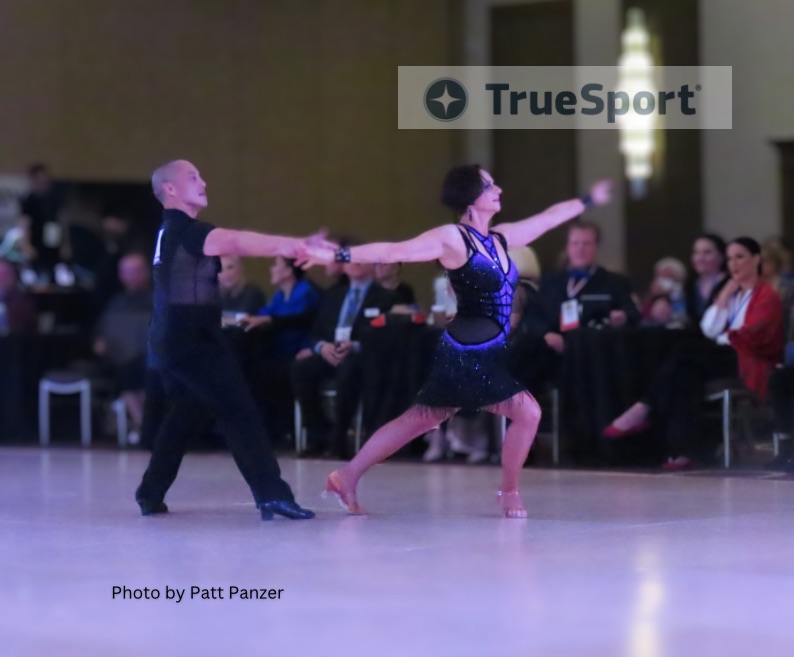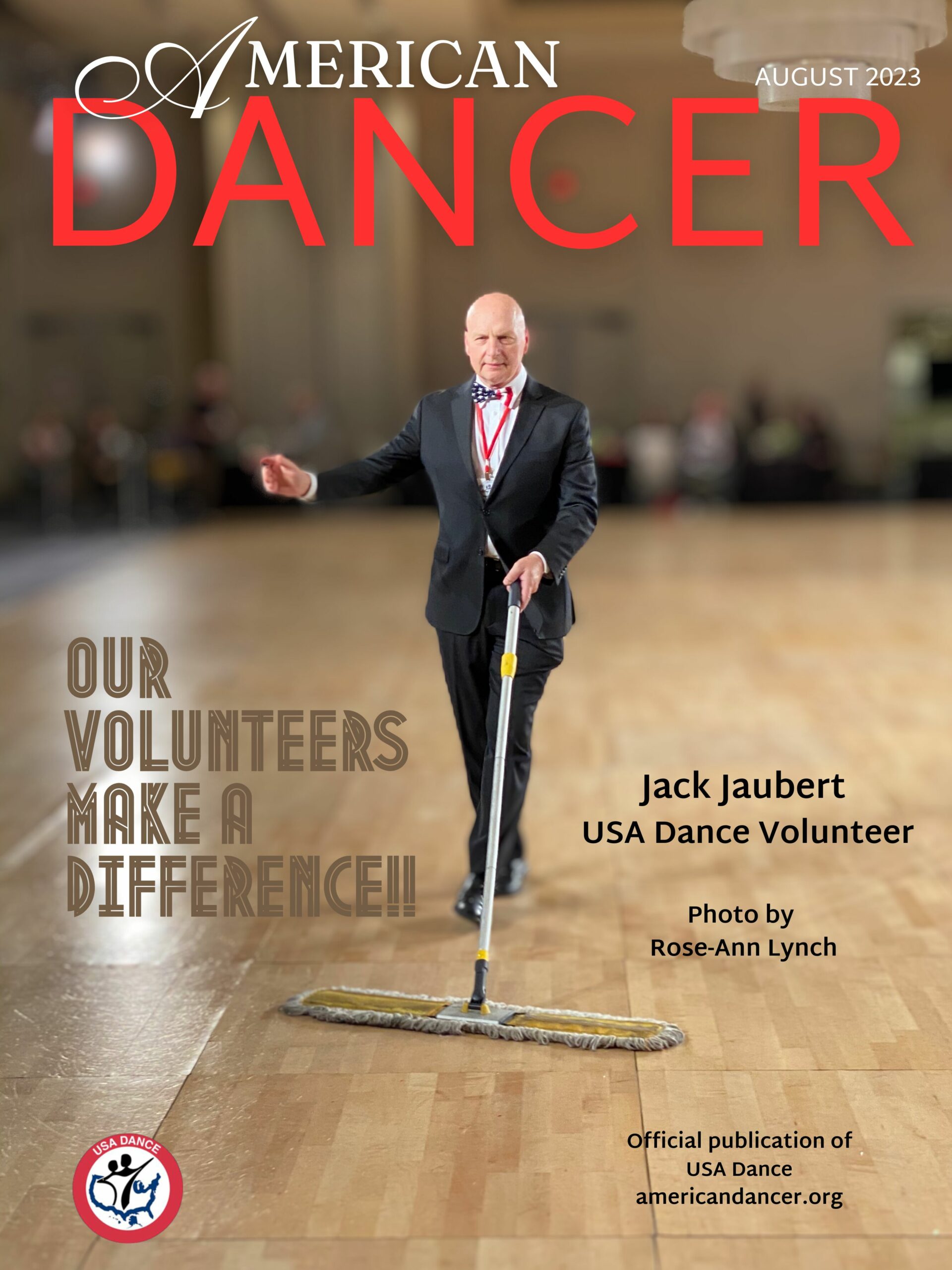Caffeine, especially in soft drinks or energy drinks, may seem relatively benign. But it can have detrimental effects on athletes, and in some cases, it can even be deadly. Here, the U.S. Anti-Doping Agency’s (USADA) Director of Science, Laura Lewis, PhD, explains what athletes need to know to stay safe when it comes to caffeine intake and how to improve energy without relying on caffeine.
Caffeine can be fatal
If an athlete does consume too much caffeine, the result can be fatal. In 2018, one study identified more than 90 caffeine-related deaths, and athletes made up a large percentage of the fatalities. Teen athletes trying to stay alert are particularly susceptible to taking extraneous caffeine supplements like pills and powders on top of energy drinks, but even energy drinks on their own can have fatal consequences if consumed in excess. (To clarify, it’s rarely a caffeine overdose per se that causes the death. Rather, it’s a cardiac event triggered by caffeine consumption.)
How much is too much?
Everyone responds to caffeine differently. Unfortunately, while there are recommended maximum caffeine intake amounts for different age groups, there is no specific “overdose” threshold for caffeine because people respond to it differently.
Lewis explains that certain people process caffeine faster, so the effects of caffeine in a cup of coffee in the morning can wear off within as little as 90 minutes. But for slower caffeine metabolizers, that caffeine can linger in the system for up to nine hours. If an athlete has another energy drink at lunch, the resulting caffeine levels may be more elevated than they realize. The ‘alert’ feeling that comes from caffeine also may take more or less time to be felt, depending on how the body responds to caffeine. That means a cup of coffee may not provide that ‘perky’ feeling for an hour, or it may be felt almost instantly.
What are the signs of a caffeine overdose?
Mount Sinai Hospital does refer to the detrimental effects of too much caffeine as an ‘overdose.’ Symptoms include a racing or irregular heartbeat, muscle twitching, nausea, trouble focusing, difficulty breathing, seizures, dizziness, and even confusion or hallucinations. In these cases, seek immediate medical help. Also, if possible, ask the athlete what caffeine they have ingested so that you’re better able to communicate the situation to medical professionals.
How much caffeine can a young athlete safely consume?
The American Academy of Pediatrics does not recognize ANY safe level of caffeine for youth or adolescents. However, unless your athlete avoids any soda or chocolate (among many other foods and beverages), it’s likely that they are ingesting some caffeine. Johns Hopkins University’s website notes that while the American Academy of Pediatrics says that no amount of caffeine is safe, the Canadian recommendations are a bit more nuanced and suggest that teens can safely consume 85 to 100 milligrams of caffeine per day—or roughly two cups of coffee. That amount, however, is lower than the amount found in most energy drinks and certainly in any pills or powders.
Even below the ‘overdose’ amount, caffeine can cause negative side effects, says Lewis. Things like headache and diarrhea, as well as a jittery feeling, are common for athletes who’ve consumed too much caffeine.
How can an athlete keep track of caffeine intake?
It can be extremely hard to keep track of caffeine intake because often, it’s not clear—especially for athletes who opt for coffee. Most energy drinks will list caffeine content on the nutrition label, but brewed coffee can be tricky. Sometimes, it’s hard to tell how much caffeine you’re getting in a drink from a coffee shop, says Lewis. “A lot of the time, you hear that a cup of coffee is around 50 milligrams of caffeine, but that’s for eight ounces of that particular coffee. A drink from a coffee shop can easily have four times that amount depending on the size and type.”
“Overdosing doesn’t just happen from taking caffeine pills or powders,” Lewis notes. “It can still happen when you have a coffee from a shop, and then an energy drink, and a different energy drink an hour later. Suddenly, you have this huge amount of caffeine in your system without any intention of overdoing it.”
Because of that, operate on the assumption of less is more. Athletes who are taking in caffeine need to ‘understand the impacts,’ says Lewis. They should note the time that they’re having any drinks that contain caffeine, and then add notes about alertness, issues sleeping, and any negative impacts. This will help learn how to best manage any caffeine intake.
What if an athlete needs caffeine to stay alert for practice?
Coaches, if an athlete is insisting that they ‘need’ caffeine in order to perform, Lewis says that focusing on the ‘why’ is more important than trying to dial in an appropriate amount of caffeine. “If your athlete is tired all the time, and you’re wanting them to be more alert, it’s easy to see how caffeine could be used to mask those issues,” she says. “But what’s the real problem? It’s likely that they need more sleep and rest, not more caffeine. And by having caffeine, the athlete is in this negative cycle because caffeine affects sleep. So, then they’re not getting enough sleep, but they think they need more caffeine to be alert, but then they can’t sleep again. They’re stuck in this negative habit loop.”
She also adds that if an athlete is struggling to feel alert and ‘on’ at practice, a carbohydrate-rich snack beforehand could be more beneficial to their performance and ability to adapt to training than an energy drink when it comes to sustained, healthy energy.
Takeaway
Caffeine can be dangerous for an athlete, with the effects ranging from the jitters to death. While no amount is recommended, it’s important for athletes to understand how caffeine impacts them since it’s found in many common drinks and even foods. It’s also important for athletes to understand how they can use rest and non-caffeinated products to feel their best.

About TrueSport
TrueSport®, a movement powered by the experience and values of the U.S. Anti-Doping Agency, champions the positive values and life lessons learned through youth sport. Backed by U.S. Congressional mandate, TrueSport inspires athletes, coaches, parents, and administrators to change the culture of youth sport through active engagement and thoughtful curriculum based on cornerstone lessons of sportsmanship, character-building, and clean and healthy performance, while also creating leaders across communities through sport.
For more expert-driven articles and materials, visit TrueSport’s comprehensive collection of resources.
This content was reproduced in partnership with TrueSport. Any content copied or reproduced without TrueSport and the U.S. Anti-Doping Agency’s express written permission would be in violation of our copyright, and subject to legal recourse. To learn more or request permission to reproduce content, click here.






















